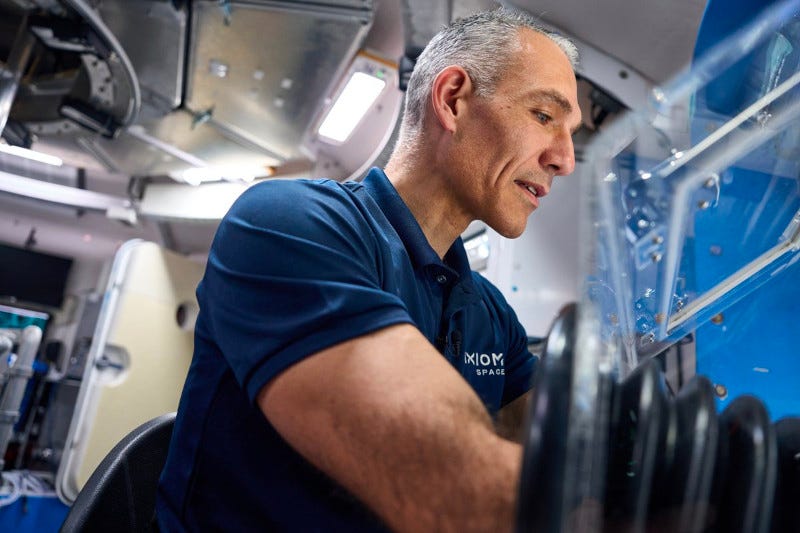Ax-3 Mission to Expand Government-Sponsored Research in LEO
Will Conduct More than 30 Different Experiments During ISS Stay
Axiom Space announced today further details on the groundbreaking science research and technology demonstrations planned for the upcoming Axiom Mission 3 (Ax-3) to the International Space Station (ISS). The Ax-3 crewmembers will represent their nations and perform scientific e…




